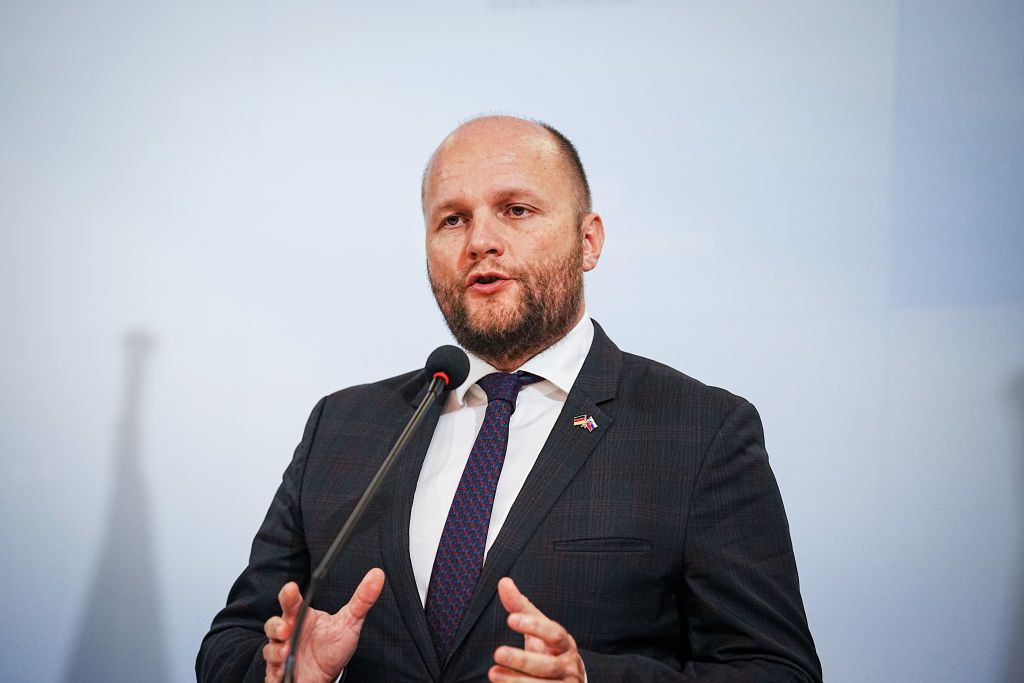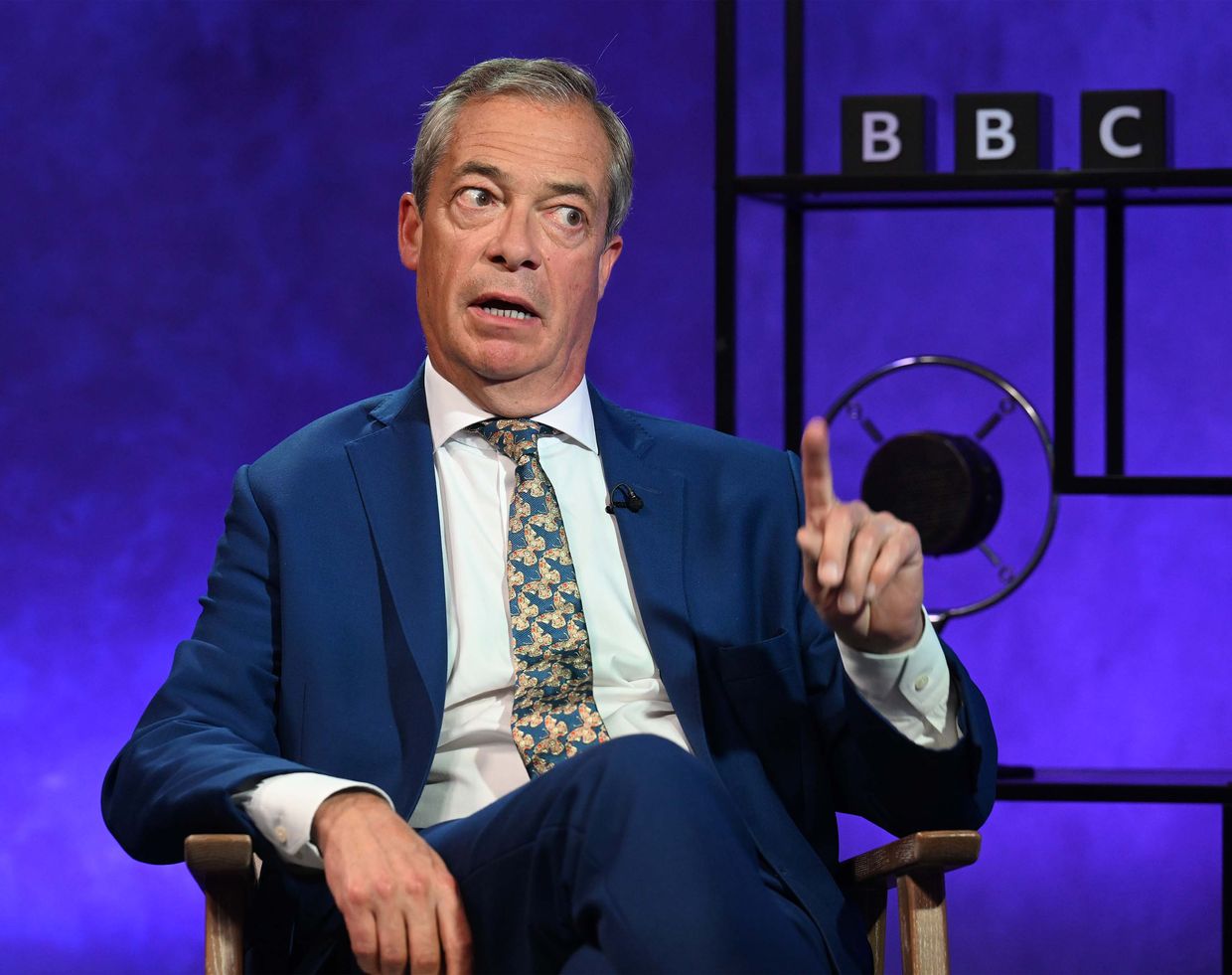British politician Nigel Farage has doubled down on his controversial claim that Russia was provoked into launching the full-scale invasion of Ukraine by the expansion of NATO and the EU.
In an article for The Telegraph on June 22, titled "The West’s errors in Ukraine have been catastrophic. I won’t apologize for telling the truth," Farage denied he was "an apologist or supporter of Putin."
The politician, who heads a newly-resurgent Reform UK party, drew widespread criticism on June 20 when he said the EU and NATO "provoked" Russia’s invasion of Ukraine by expanding eastwards.
"I am not and never have been an apologist or supporter of Putin," he wrote in the June 22 article. "His invasion of Ukraine was immoral, outrageous and indefensible. As a champion of national sovereignty, I believe that Putin was entirely wrong to invade the sovereign nation of Ukraine.
"Nobody can fairly accuse me of being an appeaser. I have never sought to justify Putin’s invasion in any way and I’m not now."
Farage then insisted he saw the war coming "a decade ago," saying the West has "played into Putin’s hands, giving him the excuse to do what he wanted to do anyway."
Farage's comments echo Kremlin disinformation lines used to justify the full-scale invasion of Ukraine, namely that Russia was forced to start the war to protect itself from the threat from NATO.
The stance ignores the fact NATO is a defensive alliance and one of the main motivating factors for countries in Eastern Europe – including Ukraine – to join, is an understanding of the Kremlin's imperialist ambitions rooted in a long and bloody history of falling victim to it.
Russia has invaded two European countries this century – Ukraine and Georgia, neither of which are members of the EU or NATO.
Sweden and Finland both joined NATO as a direct response to Russia's full-scale invasion of Ukraine.
Putin himself has in recent years revived a distorted version of Russia's imperialist past in an attempt to create a new national identity and convince Russia's citizenry that in order to survive, it must wage war on the West.
In a 2021 essay titled "On the historical unity of the Russians and Ukrainians," often overlooked by those saying Russia was provoked into invading Ukraine, Putin laid out what he saw as Russia's rightful historical claim to Ukraine.
In an analysis of the essay in July 2021, the Atlantic Council wrote:
In one particularly ominous passage, he openly questions the legitimacy of Ukraine’s borders and argues that much of modern-day Ukraine occupies historically Russian lands, before stating matter of factly, “Russia was robbed.” Elsewhere, he hints at a fresh annexation of Ukrainian territory, claiming, “I am becoming more and more convinced of this: Kyiv simply does not need Donbas.”
Putin ends his lengthy treatise by appearing to suggest that Ukrainian statehood itself ultimately depends on Moscow’s consent, declaring, “I am confident that true sovereignty of Ukraine is possible only in partnership with Russia.”
Despite being around 5,500 words long, the essay only made reference to NATO once in a paragraph that falsely claimed the "Ukrainian authorities, security services and armed forces" were under the influence of "NATO infrastructure."
In June 2022, Putin admitted the full-scale invasion of Ukraine was an imperial war to "return" Russian lands.














